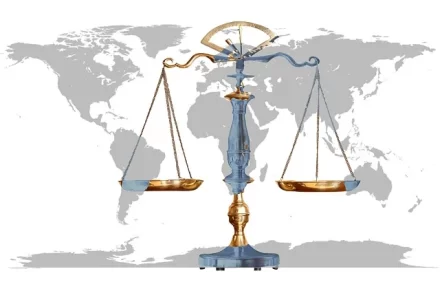
Our hearts go out to every Syrian who has endured unimaginable suffering under decades of oppressive rule. As the nation considers its future, one thing is clear: Syria needs time and space to determine its own path forward. With hope and innovation, Syrians can chart a course toward a brighter future.
Ahmed al-Sharaa Leader HTS
The Present State of Syria
A Desire for Autonomy: Syrians overwhelmingly wish for the freedom to shape their destiny. They need the time and opportunity to rebuild their lives and communities on their own terms.
Embracing Technology: Technology, especially smartphones, has become an integral part of daily life for many Syrians. Access to information and digital tools can play a transformative role in shaping governance and society.
Pink Floyd’s iconic anthem Another Brick in the Wall aptly describes the current status quo in their country.
Syrians are no longer passive observers. They are ready to participate actively in the rebuilding of their nation.
Challenges to Overcome
However, two major obstacles stand in the way:
- Neither Western capitalism nor Eastern communism seems to resonate with the Syrian people. These ideologies, often viewed as oppressive in their extremes, do not align with Syria’s unique cultural and historical identity.
- Syrians also reject the idea of a “great melting pot” that homogenizes their diverse society or a return to any form of dictatorship.
Instead, a fresh approach to governance is required—one that prioritizes fairness, innovation, and inclusivity.
Global Lessons and the Need for Change
Planet Earth itself struggles with immense disparities in wealth and power, fuelling global conflict. At the heart of this struggle lies the need for systemic change. Current governance systems, whether capitalist or communist, often fall prey to corruption and manipulation by the powerful. Syria has the opportunity to explore a new way forward, one that could serve as a model for the world.
Introducing Smartphone Democracy
A potential solution lies in “Smartphone Democracy,” a governance model leveraging AI and easy to use Smartphones to empower individuals. Here’s how it could work:
Transparency and Accountability: Smartphone Democracy ensures that key policies are implemented only if a majority of citizens approve them through direct voting. A two-to-one majority would be required for significant decisions, avoiding contentious outcomes like Brexit in the UK
Global Adoption: The United Nations could adopt this model to make fairer, more inclusive global decisions.
Re-evaluation Mechanisms: Losing voters would have the opportunity to review and revisit decisions within two years, encouraging continuous engagement and evidence-based choices.
A Vision for Syria’s Future
By adopting a Smartphone Democracy, Syria’s leaders could:
- Ensure their citizens have a direct voice in shaping the country’s policies and future.
- Minimize the spread of misinformation by controlling the flow of verified information.
- Build a governance model free from the corruption that has plagued many existing democracies.

With smartphone technology now in the hands of millions and with AI tools providing access to transparent data, Syrians can finally exercise their right to self-determination.
This could inspire many other nations to follow suit.
Conclusion
Syria stands at a crossroads, with the potential to emerge as a global leader in innovative governance. By embracing technology, transparency, and inclusivity, Syrians can build a nation that honours its rich history while paving the way for a brighter future.
Let us guide Syria—not as external influencers but as supporters of their sovereignty and innovation. Together, we can help Syrians and other nations like Ukraine to achieve the greatness they deserve.
For more insights on Smartphone Democracy and other governance models, visit
Ian Linnegan
ianlinnegan@icloud.com | (44) 7973-330-324

